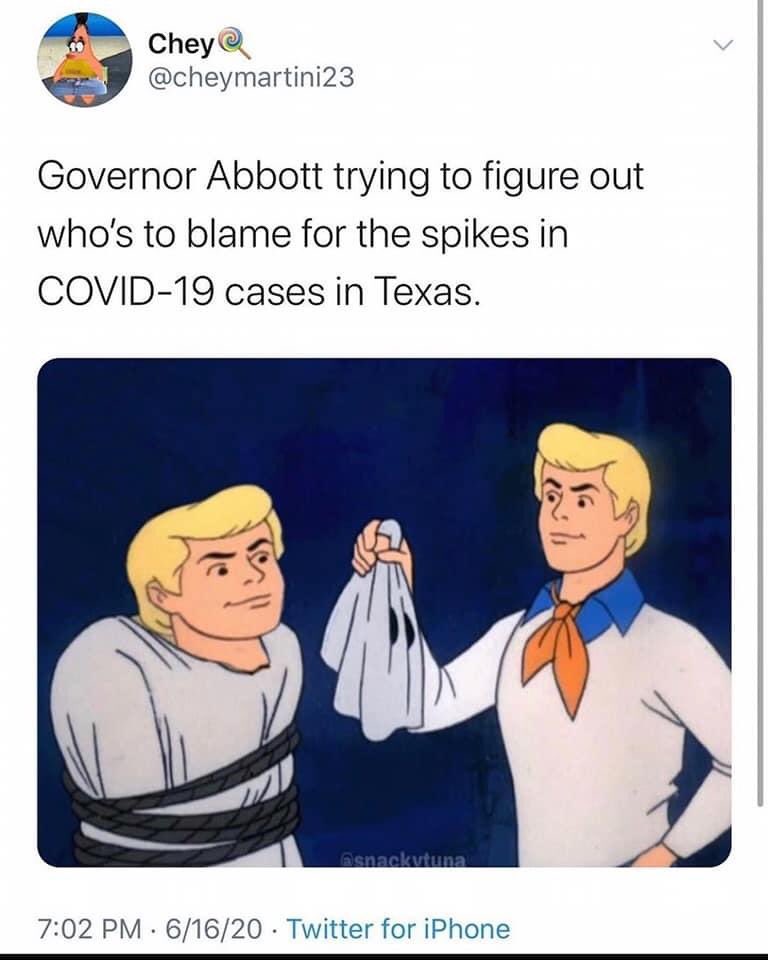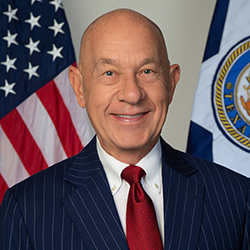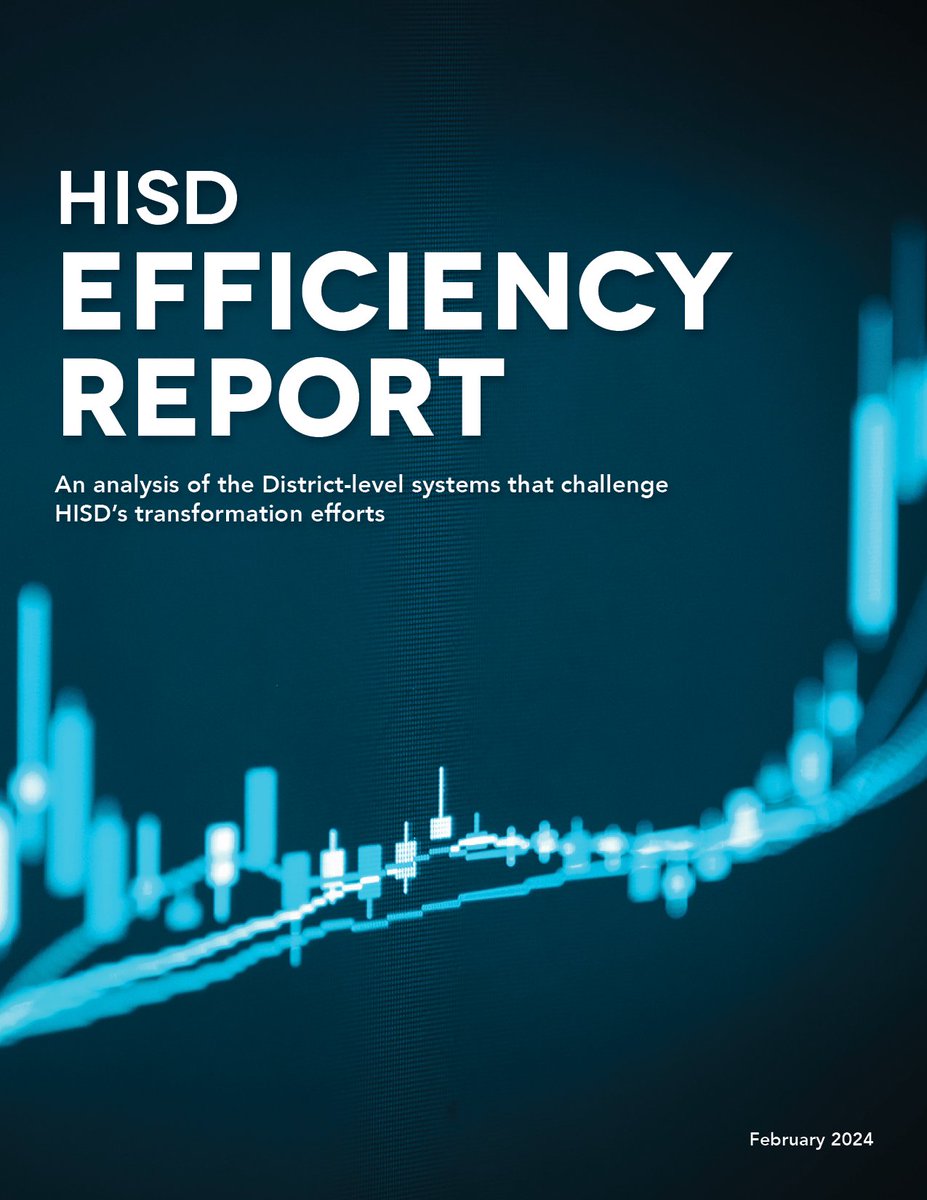Let’s count the ways in which he dodged and weaved.
Gov. Greg Abbott said Sunday that he supports Texas families having access to in vitro fertilization treatments and has “no doubt” the state will address issues raised by a recent controversial court ruling out of Alabama. Abbott did not call on the Legislature to take specific action to protect IVF treatment.
“Texas is a pro-life state, and we want to do everything possible that we can to maintain Texas being a pro life state,” Abbott told CNN’s Dana Bash on Sunday. “But at the very same time … we as a state want to ensure that we promote life, we bring more life into the world and we empower parents to be able to have more children.”
Last week, the Alabama Supreme Court ruled that frozen embryos can be considered children under a state law that allows parents to sue for wrongful death of minor children.
“Unborn children are ‘children’,” Alabama Supreme Court Justice Jay Mitchell wrote in the ruling, “without exception based on developmental stage, physical location, or any other ancillary characteristics.”
[…]
The ruling applies only to Alabama and does not impact the legality of IVF treatment in Texas. But it has opened thorny questions about “fetal personhood” — the legal concept that a fetus should be afforded the same rights as a living child — that many Republicans have tried to sidestep, especially in the lead-up to the 2024 presidential elections.
In Sunday’s interview, Abbott voiced his support for former President Donald Trump’s statement on the issue, in which Trump said he strongly supports the availability of IVF “in every State in America” for couples “who are trying to have a precious baby.”
[…]
Abbott said Texas wants to make it easier, not harder, for people to have babies, and IVF “is a way of giving life to even more babies.”
“I think the goal is to make sure that we can find a pathway to ensure that parents who otherwise may not have the opportunity to have a child will be able to have access to the IVF process and become parents and give life to babies,” Abbott said.
But Abbott, a former Texas Supreme Court justice, said there were specific scenarios and fact questions that would need to be parsed, including what happens to the frozen embryos if the person who created them died or the couple got divorced.
“These are very complex issues where I’m not sure everybody has really thought about what all the potential problems are,” Abbott said. “And as a result, no one really knows what the potential answers are.”
The article also reminds us of a wrongful death lawsuit filed in Galveston by a man who alleges that three women helped his ex-wife get an abortion. It was a wrongful death lawsuit in Alabama that led to the anti-IVF ruling, and the plaintiff’s lawyers in this suit include extreme forced birther Jonathan Mitchell, who I assure you knows exactly what he’s doing here.
As for Abbott, note that nowhere in that word salad of his does he ever say that the Alabama Supreme Court decision was wrong or bad or even that he disagreed with it. No, they just went a little further than he’d have gone, that’s all. Nothing to worry your pretty little head about. He’s not going to propose any specific laws to prevent what happened in Alabama from happening here, nor does he voice any support for a national law to protect IVF, like the one that Republicans blocked in the Senate in 2022. (To be fair, Abbott is far from alone in not knowing how to respond to this.)
Also, too, he does not mention that the Texas Republican Party platform “[calls] on Texas schools to teach the “dignity of the preborn human” and that life begins at fertilization”, which is exactly the thing you have to believe in to get to a court ruling against IVF on the grounds that all of those frozen embryos are actually real live children. Nor does he mention the Life At Conception Act, introduced last year in the House and featuring 17 cosponsors from Texas, which declares that “the right to life guaranteed by the Constitution is vested in each human being at all stages of life, including the moment of fertilization, cloning, or other moment at which an individual comes into being”. And while Abbott is out there being mealy-mouthed, his buddies at CPAC are applauding the Alabama ruling and calling on other Republicans to support it.
So yeah. Don’t be a chump. Greg Abbott may want you to think he’ll protect access to IVF, but literally everything about him says otherwise. What are you going to believe? Reform Austin, Axios, and the WaPo have more.

















